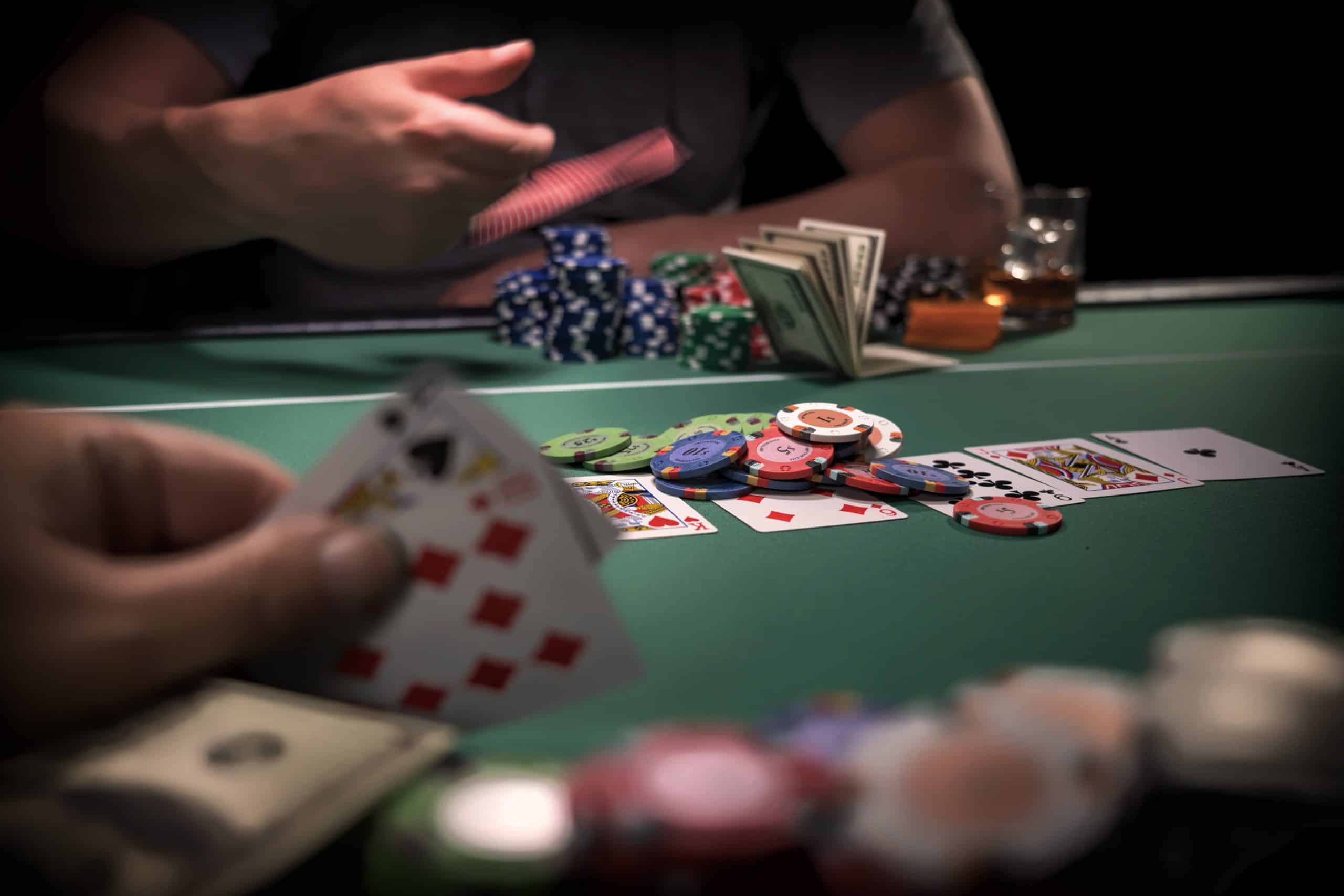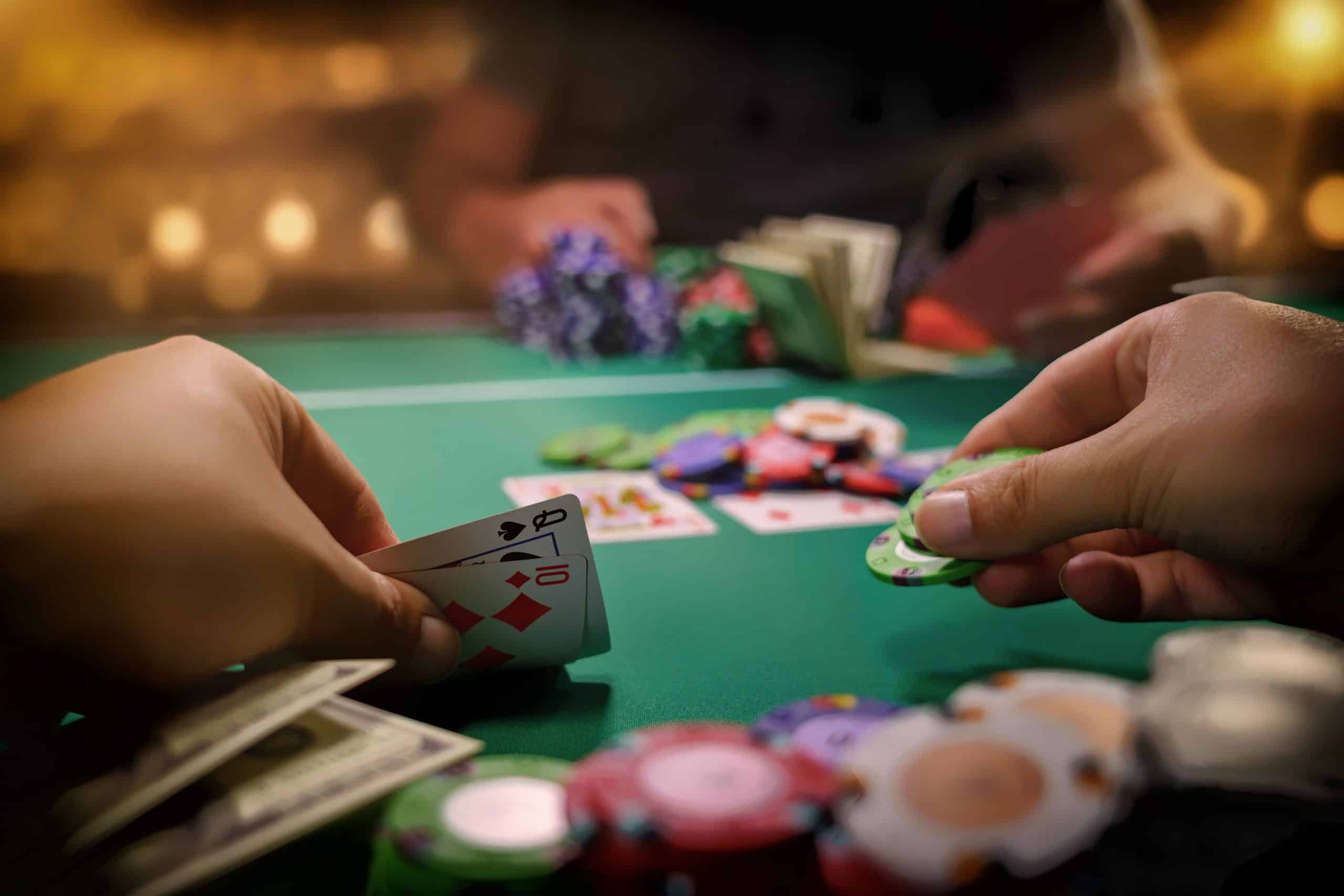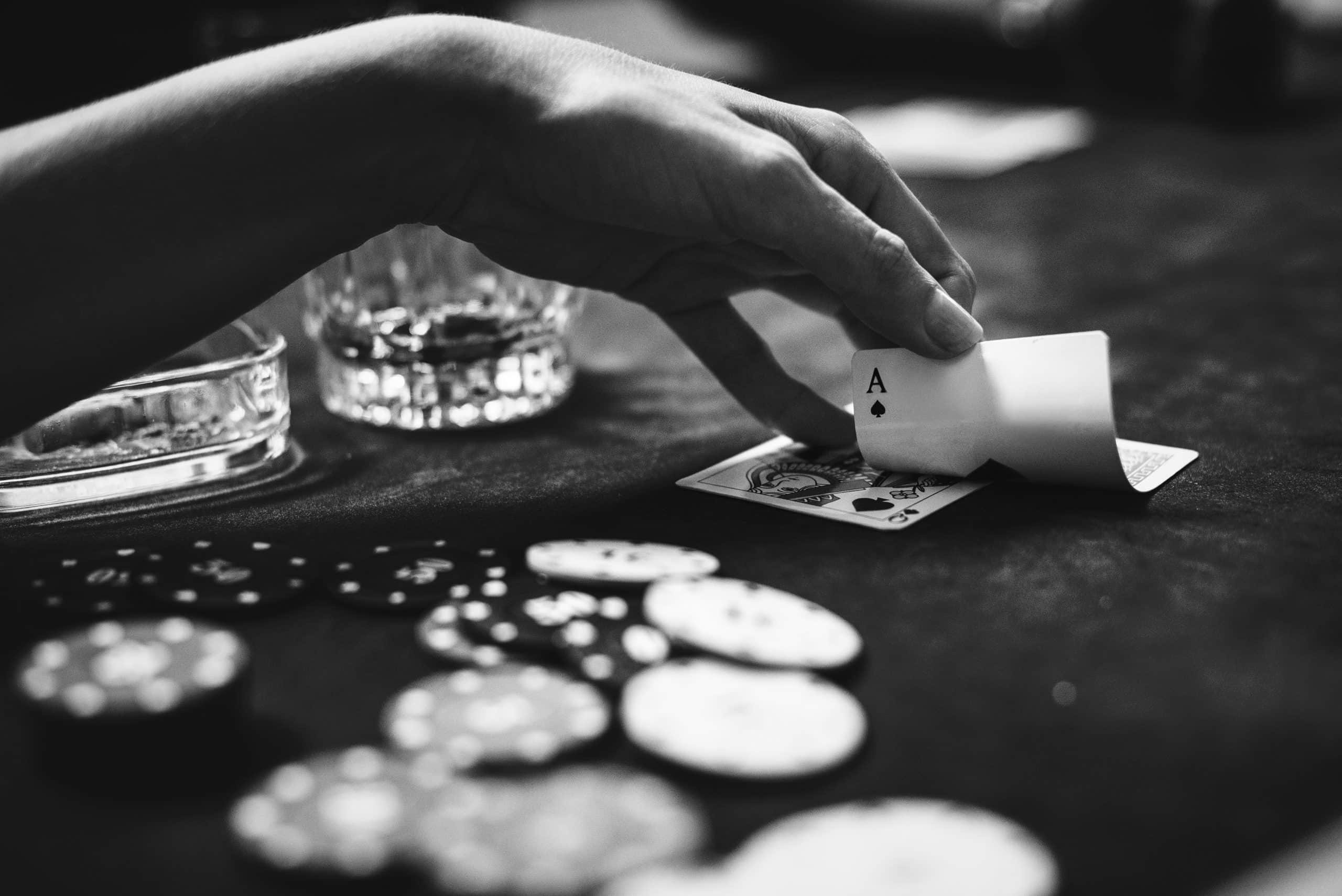As an online poker pro, you have to have a steely mental attitude and be dedicated to learning. That means you should sign up for coaching programs, join social media groups, and build your bankroll by playing low-stakes games and tournaments.
The Psychology of Poker: Reading Opponents Like a Pro Player
Welcome to the world of poker, where the cards are only a small part of the game. To truly excel, you need to…








